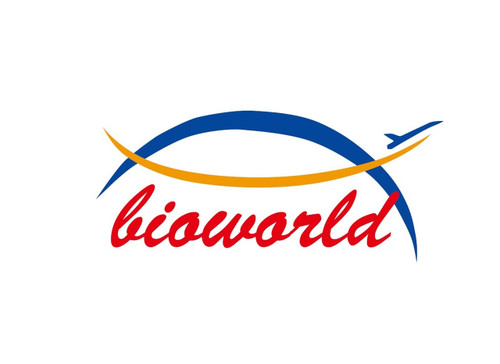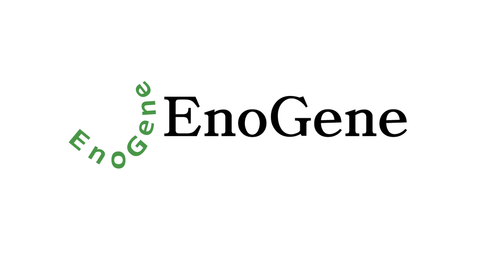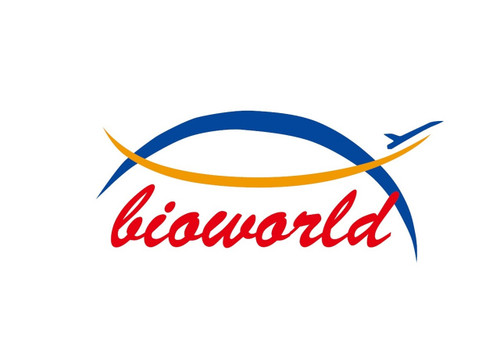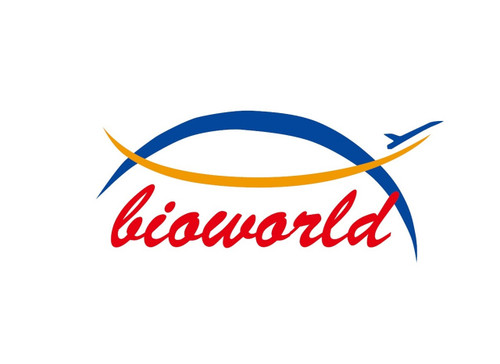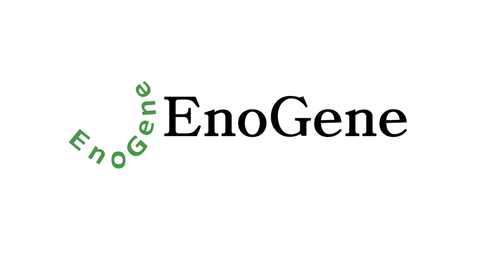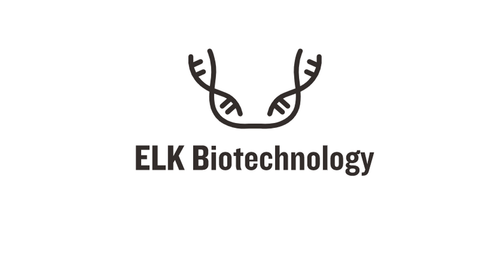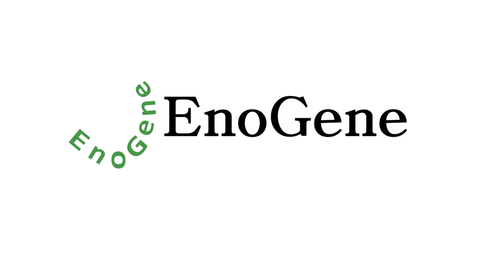Product Description
PKC δ (phospho-T505) polyclonal Antibody | AP0291 | Bioworld
Host: Rabbit
Reactivity: Human,Mouse,Rat
Application: WB
Application Range: WB:1:500~1:1000
Background: Protein Kinase C delta (PKC delta) is a 78 kDa member of the novel group (nPKCs: sensitive to diacylglycerol, phosphatidylserine, and phorbol esters) of the PKC family of serine/threonine kinases that are involved in a wide range of physiological processes including mitogenesis, cell survival and transcriptional regulation. PKC delta is an ubiquitously expressed PKC isozyme that has been implicated in the regulation of multiple cellular processes including cell cycle progression and apoptosis. Autophosphorylation of serine 664 (serine 662 in mouse and rat) contributes to PKC delta activity. Serum dependent phosphorylation of serine 664 is mediated by mTOR pathway, is protected from dephosphorylation by phosphorylated threonine 505 in the activation loop, and is implicated in prolactin signaling.
Storage & Stability: Store at 4°C short term. Aliquot and store at -20°C long term. Avoid freeze-thaw cycles.
Specificity: p-PKC δ (T505) polyclonal Antibody detects endogenous levels of PKC δ protein only when phosphorylated at Thr505.
Molecular Weight: ~ 80 kDa
Note: For research use only, not for use in diagnostic procedure.
Alternative Names: Protein kinase C delta type; Tyrosine-protein kinase PRKCD; nPKC-delta; Sphingosine-dependent protein kinase-1; SDK1; PRKCD; PKCδ
Immunogen: Synthetic phosphopeptide derived from human PKC δ around the phosphorylation site of Threonine 505.
Conjugate: Unconjugated
Modification: Phosphorylation
Purification & Purity: The Antibody was affinity-purified from rabbit antiserum by affinity-chromatography using epitope-specific immunogen and the purity is > 97% (by SDS-PAGE) .
Pathway: Protein Kinase C Signaling,Inhibition of Apoptosis,Mitochondrial Control of Apoptosis,
 Euro
Euro
 USD
USD
 British Pound
British Pound
 NULL
NULL




